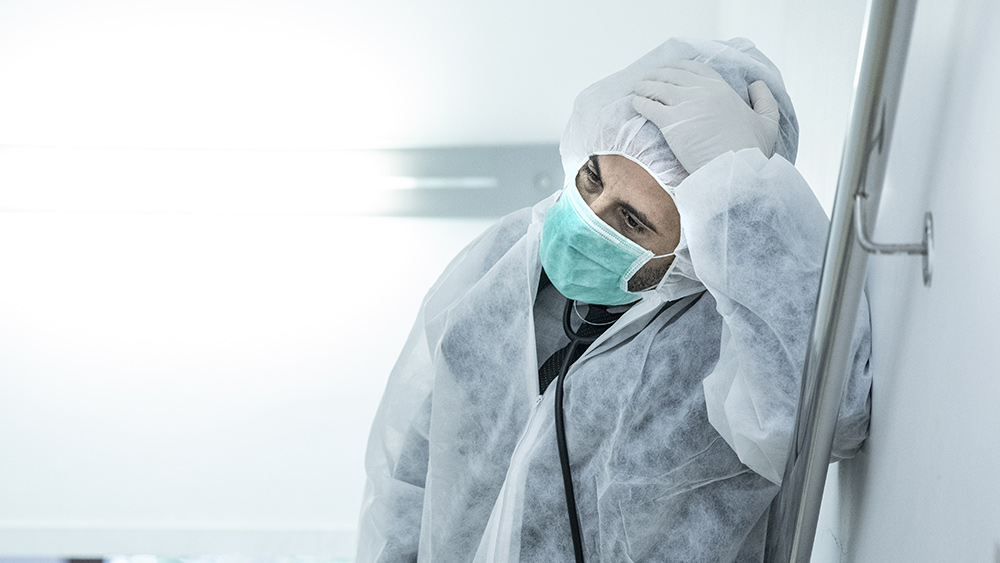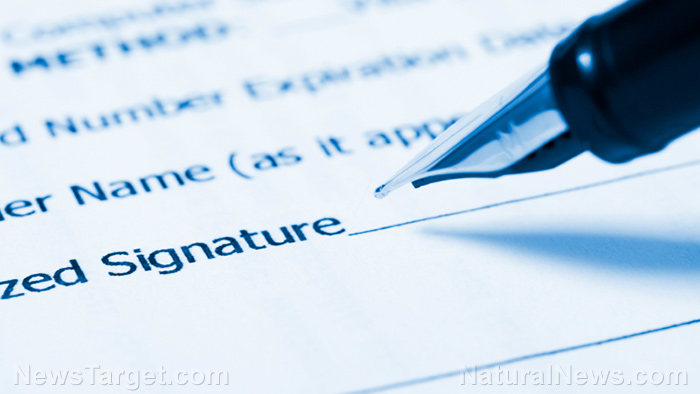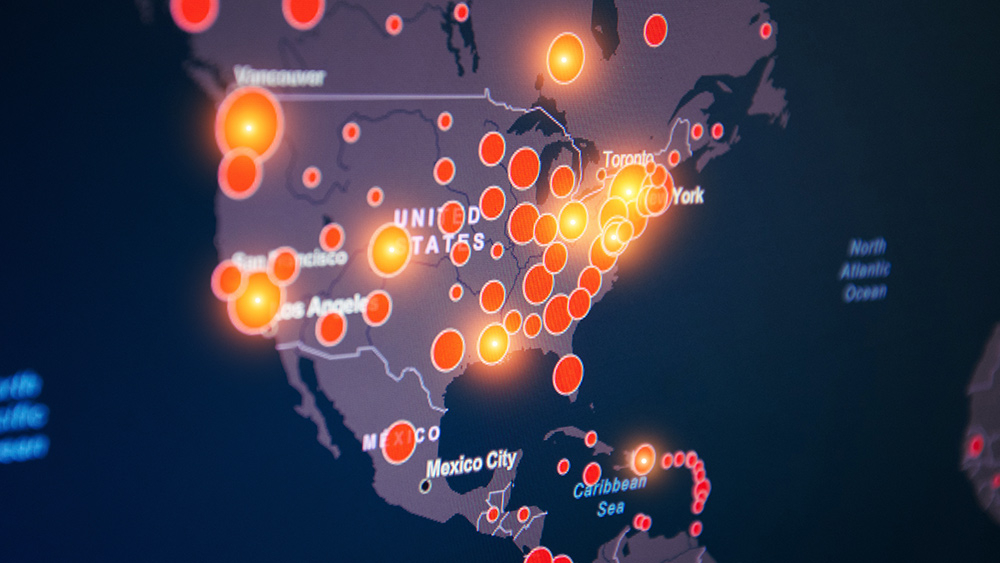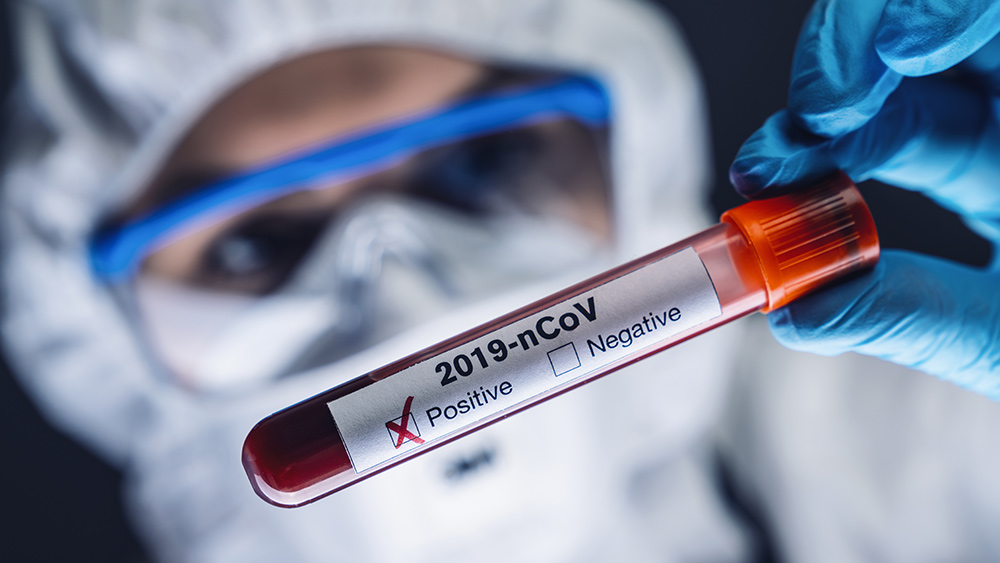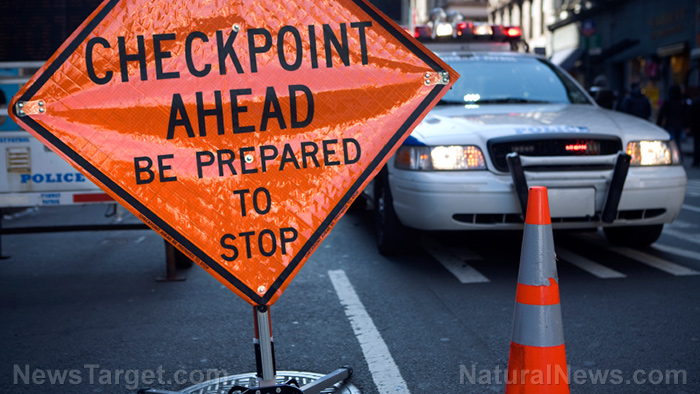Americans are less likely to get coronavirus vaccine if it comes out, says latest poll
08/07/2020 / By Ralph Flores

A recent poll says that less than half of Americans are likely to get a coronavirus vaccine once it becomes available. In the newest survey by YouGov and Yahoo! News, published on July 30, only 42 percent of the respondents answered “yes” to the question, “If and when a coronavirus vaccine become available, will you get vaccinated?”
Drug companies are in a frenetic race to develop a Wuhan coronavirus (COVID-19) vaccine. Major players have reported promising results from their tests, with some moving forward to the final stages of clinical trials. Department of Health and Human Services Secretary Alex Azar said that the past two weeks have brought “historic advances” in vaccine development.
The so-called advances have also raised safety concerns from the public’s perspective. For Heidi Larson, who leads the Vaccine Confidence Project (VCP), a think tank that monitors public confidence in immunization programs, most people think that “too fast can’t be safe,” especially when it comes to the safety of vaccines.
In an op-ed for the New York Times, vaccine researcher Natalie Dean expressed her concerns on the current data surrounding the safety of vaccines.
“What we have right now is a collection of animal data, immune response data and safety data based on early trials and from similar vaccines for other diseases,” she wrote.
“The evidence that would convince me to get a COVID-19 vaccine, or to recommend that my loved ones get vaccinated, does not yet exist.”
Pushing for herd immunity
Industry lobbyists are pushing for more Americans to get inoculated, so the population can achieve what’s known as “herd immunity.”
Herd immunity happens when a large part of the population becomes immune to an infectious disease, reducing the spread of infection and protecting at-risk groups. In an interview with CNN, Dr. Anthony Fauci, director of the National Institute of Allergy and Infectious Diseases, said that achieving herd immunity in the U.S. is “unlikely” if even a third of the population refuse to be vaccinated, in response to the result of a CNN poll that said one-third of Americans would not try to get a coronavirus vaccine.
“The best we’ve ever done is measles, which is 97 to 98 percent effective,” Fauci added. “That would be wonderful if we get there. I don’t think we will. I would settle for [a] 70, 75 percent effective vaccine.”
Skepticism in both sides
The survey has been collecting data from around 1,500 American adults for over four months. The questions cover perspectives on the coronavirus pandemic, prominent officials, the upcoming election and the ongoing George Floyd riots. On the issue of whether the respondents will get a coronavirus vaccine, over 55 percent said “yes” in May, a potential indication that people were more optimistic about the virus then. However, the percentage of people who are likely to get the vaccine has since fallen. Just two weeks after the survey, only 50 percent of the respondents were considering inoculation. By July 14, the percentage was shaved to 46 percent and ultimately fell to 42 percent at the end of July.
The skepticism on vaccine safety was also seen on both sides of the aisle. When asked whether they plan to get vaccinated, around 70 percent of Democrat respondents answered “yes,” compared to 47 percent of Republicans. For the former, however, the number had fallen to 55 percent by the end of July. Meanwhile, the percentage of Republican respondents who will get the vaccine have also fallen to 37 percent by the end of July.
In addition, over a third of respondents in the survey expressed concern about the speed at which the vaccines are developed under Operation Warp Speed, saying that vaccines developed using a telescoped timeline may not be safe.
Learn more about the dangers of vaccines at VaccineInjuryNews.com.
Sources include:
Tagged Under: China, coronavirus, covid-19, Flu, health freedom, infections, outbreak, pandemic, superbugs, survey, vaccine wars, vaccines, virus
RECENT NEWS & ARTICLES
Pandemic.News is a fact-based public education website published by Pandemic News Features, LLC.
All content copyright © 2018 by Pandemic News Features, LLC.
Contact Us with Tips or Corrections
All trademarks, registered trademarks and servicemarks mentioned on this site are the property of their respective owners.


